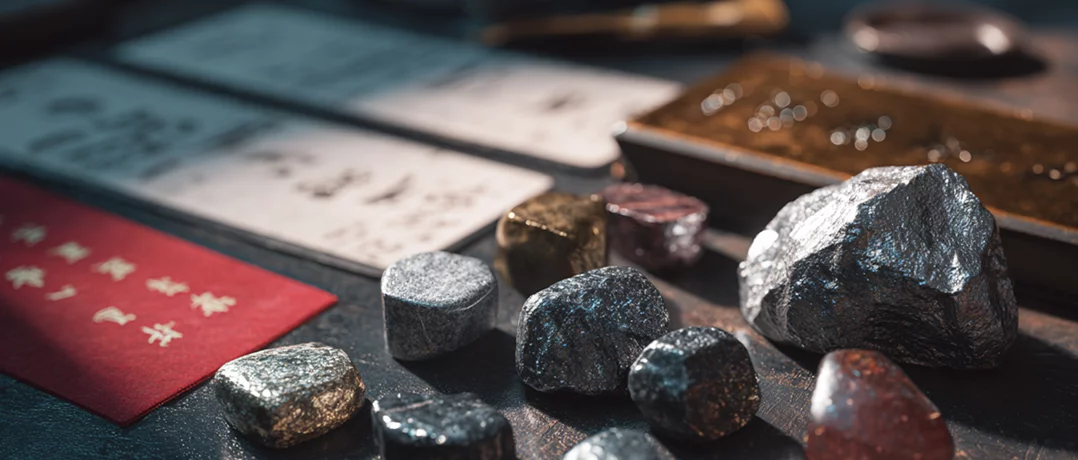China's new rare earth export controls escalate tensions with the U.S., leveraging its mineral dominance amid a growing tech rivalry.
China tightens rare earth export controls to protect national security
China tightens rare earth export controls to protect national security


In 1992, during a visit to Inner Mongolia, the late Chinese leader Deng Xiaoping famously remarked: “The Middle East has oil, and China has rare earths.”
More than three decades later, that statement continues to shape global economic and strategic realities. On Thursday, October 9, 2025, China’s Ministry of Commerce announced sweeping new export controls on rare earth elements (REEs) and related technologies a move widely seen as Beijing’s response to Washington’s own restrictions on advanced technologies.
What Are Rare Earths?
Rare earth elements are a group of 17 metallic elements essential to modern technologies. Despite their name, they are not particularly rare in the Earth’s crust, but difficult to isolate and highly hazardous to extract, hence the term “rare earth.” REEs play a crucial role in manufacturing electronics (smartphones, laptops), renewable energy systems (magnets for wind turbines and electric vehicles), and defense technologies (guidance systems, lasers, and radar systems).
China today holds a near-monopoly over the global rare earth supply chain. According to the International Energy Agency (IEA), the country accounts for roughly 61% of global REE production and 92% of processing capacity underscoring its strategic leverage in the high-tech economy.
The U.S.–China Tech and Trade Rivalry
The ongoing dispute over export controls reflects a broader technological and economic rivalry between the world’s two largest powers.
The standoff dates back to 2018, when then-President Donald Trump imposed restrictions on shipments of U.S. technology to the Chinese telecom firm ZTE, a ban lifted shortly thereafter. Under President Joe Biden, new controls in 2022 and 2023 targeted China’s access to advanced semiconductors and chipmaking equipment, prompting Beijing to retaliate with a ban on rare-earth processing technology exports in 2023. When Trump returned to office in January 2025, he introduced the Artificial Intelligence Diffusion Framework, designed to limit China’s access to advanced AI technologies. The move further strained bilateral relations and reignited fears of a new “AI Cold War.”
Beijing’s New Countermeasure
China’s latest export controls extend well beyond reciprocal tariffs.
Under the new rules, foreign companies must obtain government approval to export any products that contain Chinese-sourced rare-earth minerals or that use Chinese extraction, refining, or magnet-making technologies. Beijing insists the measure aims to “safeguard national security and prevent misuse of rare-earth materials in military and sensitive sectors.” Given its dominant position in the global REE supply chain, China effectively holds the ability to dictate which companies and countries can access these vital materials. The move delivers a strategic blow to Washington, which remains heavily dependent on Chinese rare earths and lacks the infrastructure to process heavy REEs independently.
Global Implications
China’s decision is poised to reshape supply chains and intensify competition in critical minerals.
For the U.S. and its allies, it highlights the urgent need to diversify rare earth sourcing and invest in domestic refining capacity, a challenge that could take years to overcome. For Beijing, the move signals a clear message: in an era of geopolitical decoupling, control over resources means control over leverage.


